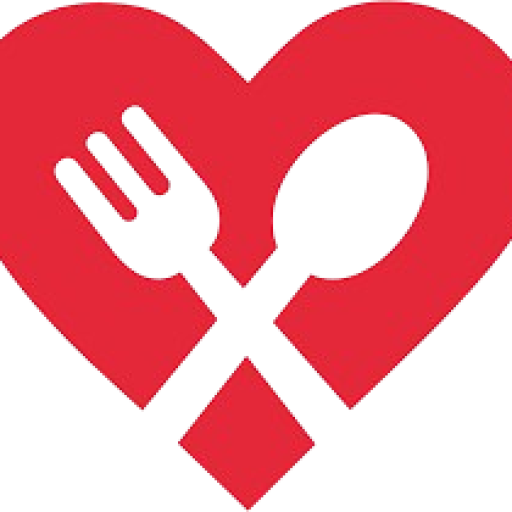Diet can play an important role in lowering your cholesterol. Here are some foods to improve your cholesterol and protect your heart.
Can a bowl of oatmeal help lower your cholesterol? How about a handful of almonds? A few simple tweaks to your diet — along with exercise and other heart-healthy habits — might help you lower your cholesterol.
Oatmeal, oat bran and high-fiber foods
Oatmeal has soluble fiber, which reduces your low-density lipoprotein (LDL) cholesterol, the “bad” cholesterol. Soluble fiber is also found in such foods as kidney beans, Brussels sprouts, apples and pears.
Soluble fiber can reduce the absorption of cholesterol into your bloodstream. Five to 10 grams or more of soluble fiber a day decreases your LDL cholesterol.
One serving of a breakfast cereal with oatmeal or oat bran provides 3 to 4 grams of fiber. If you add fruit, such as a banana or berries, you’ll get even more fiber.
Fish and omega-3 fatty acids
Fatty fish has high levels of omega-3 fatty acids, which can reduce your triglycerides — a type of fat found in blood. These acids also may help lower your blood pressure and risk of developing blood clots. In people who have already had heart attacks, omega-3 fatty acids may reduce the risk of sudden death.
Omega-3 fatty acids don’t affect LDL cholesterol levels but may help lower triglycerides and increase HDL, the good cholesterol. But because of those acids’ other heart benefits, the American Heart Association recommends eating at least two servings of fish a week. Baking or grilling the fish avoids adding unhealthy fats.
The highest levels of omega-3 fatty acids are in:
- Mackerel.
- Herring.
- Tuna.
- Salmon.
- Trout.
Foods such as walnuts, flaxseed and canola oil also have small amounts of omega-3 fatty acids.
Omega-3 and fish oil supplements are available. Talk to your doctor before taking any supplements.
Almonds and other nuts
Almonds and other tree nuts can improve blood cholesterol. Studies have shown that walnuts, which have omega-3 fats, may help protect the heart and lower the risk of heart attack for people who already have heart disease. All nuts are high in calories, so a handful added to a salad or eaten as a snack will do.
Avocados
Avocados are a good source of nutrients as well as monounsaturated fatty acids (MUFAs). Research suggests that the fiber from avocados can improve HDL cholesterol levels and the quality of LDL cholesterol. Adding two servings of avocado per week to a heart-healthy diet can lower your risk of heart disease.
People tend to think of avocados in guacamole, which often is eaten with high-fat corn chips. Try adding avocado slices to salads and sandwiches or eating them as a side dish. Also try guacamole with raw cut vegetables, such as cucumber slices.
Replacing saturated fats, such as those found in meats, with MUFAs are part of what makes the Mediterranean diet heart healthy.
Olive oil
Try using olive oil in place of other fats in your diet. You can saute vegetables in olive oil, add it to a marinade or mix it with vinegar as a salad dressing. You can also use olive oil as a substitute for butter when basting meat or as a dip for bread. Extra virgin olive oil also reduces the risk of heart attacks.
Foods with added plant sterols or stanols
Sterols and stanols are substances found in plants that help block the absorption of cholesterol. Foods that have been fortified with sterols or stanols are available.
Margarines and orange juice with added plant sterols can help lower LDL cholesterol. Adding 2 grams of sterol to your diet every day can lower your LDL cholesterol by 5% to 15%.
It’s not clear whether food with plant sterols or stanols lowers your risk of heart attack or stroke — although experts assume that foods that lower cholesterol do cut the risk. Plant sterols or stanols don’t appear to affect levels of triglycerides or of high-density lipoprotein (HDL) cholesterol, the “good” cholesterol.
Whey protein
Whey protein, which is found in dairy products, may account for many of the health benefits attributed to dairy. Studies have shown that whey protein given as a supplement lowers both LDL and total cholesterol as well as blood pressure. You can find whey protein powders in health food stores and some grocery stores.
Other changes to your diet
Getting the full benefit of these foods requires other changes to your diet and lifestyle. One of the most helpful changes is limiting the saturated and trans fats you eat.
Saturated fats — such as those in meat, butter, cheese and other full-fat dairy products — raise your total cholesterol. Decreasing your consumption of saturated fats to less than 7% of your total daily calorie intake can reduce your LDL cholesterol by 8% to 10%.
Trans fats, sometimes listed on food labels as “partially hydrogenated vegetable oil,” are often used in margarines and store-bought cookies, crackers and cakes. Trans fats raise overall cholesterol levels. The Food and Drug Administration banned the use of partially hydrogenated vegetable oils in processed foods sold after January 1, 2020.

